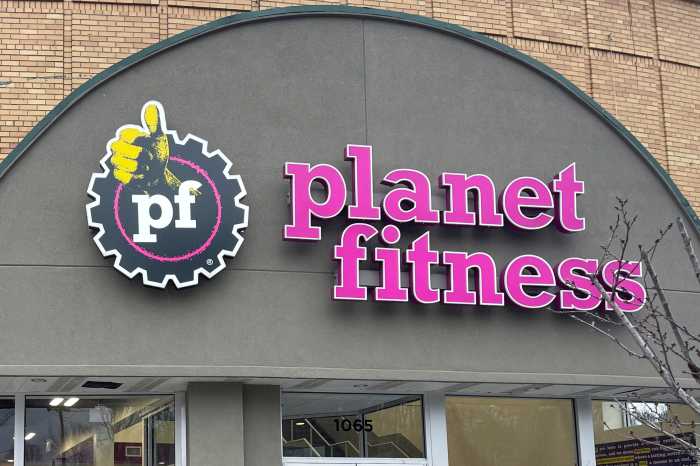Welcome to Ortho Corner, a monthly health column courtesy of Rothman Orthopaedic Institute.
If you’re running this year’s Broad Street Run, being prepared is half the battle. And to help educate runners, both beginners and veterans, Metro tapped into Stephen A. Stache, Jr., MD, Chief of Non-Operative Sports Medicine at Rothman Orthopaedics, for a well-rounded guide on race preparations, one-week out and race day.

How much training should I do the week prior?
First prepare, then succeed! It’s really important that a majority of your training be done prior to the final week. For races like the Broad Street Run, building both a cardiovascular endurance and muscle endurance is important and should be safely done over a number of weeks. By the time you reach the final week, appropriate rest and preparation with hydration and nutrition become the priority.
What should you keep in mind during race day?
Know your limits! Try to stick to a pace that you think is reasonable and in line with your training regimen. Overextending yourself on race day can lead to poor results and can increase your risk of injury.
Should I purchase new shoes for race day?
New shoes might make everything alright… and look good on race day but could also lead to unintended consequences. Nothing can kill a PR faster than blisters from too new shoes.
What is the best way to stay properly hydrated?
Pre-hydration is part of the foundation. Appropriate fluid intake leading up to the race is as important as hydration during the race. For a 10 mile race, 2-3 liters of water a day for the week leading up to the race is a good rule of thumb. Race day hydration can be tricky but skipping on the sipping could lead to poor results.
7-10 per 20-30 minutes of running is a good target.
What should I do if I injure myself during the race?
Stop running! If you are seriously injured seek help. No race is worth jeopardizing your health.
How important is post-race recovery?
Enjoy your success! Take a few days off and give your legs a break, they’ve earned it. Stretch and do low impact recovery cardio to allow your muscles to recover.
Dr. Stache is board certified in both sports medicine and family medicine with a particular interest in concussion management. He currently serves on the medical staff for the Philadelphia Phillies, Philadelphia 76ers and St. Joseph’s University. For information on Rothman Orthopaedic Institute, visit RothmanOrtho.com.





























